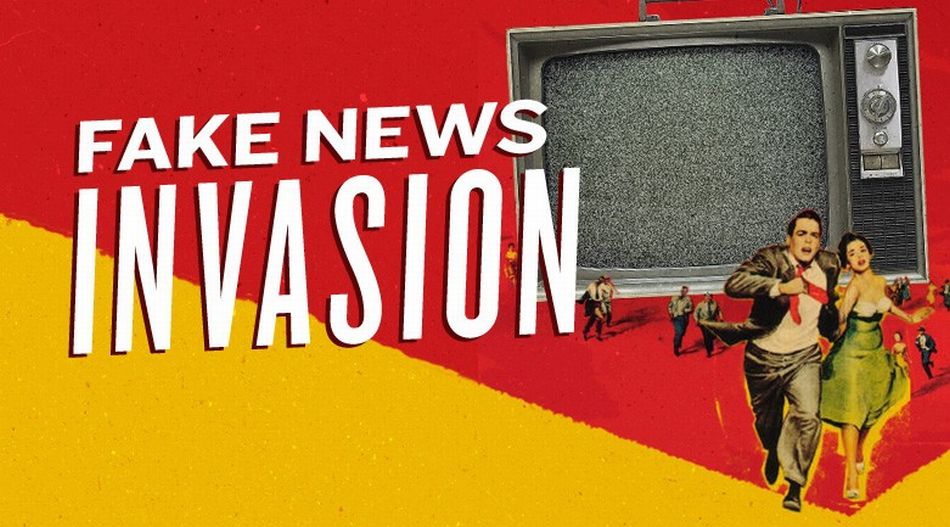>> Among other environmental concerns this year, we will also be facing a >> Velcro shortage . California’s Velcro crop has been suffering due to drought and farmers won’t be able to meet demand. As a result, expect a rise in the cost of toddler shoes.
Among other environmental concerns this year, we will also be facing a >> Velcro shortage . California’s Velcro crop has been suffering due to drought and farmers won’t be able to meet demand. As a result, expect a rise in the cost of toddler shoes.
I used to use websites like the one above when I taught my students about reputable sources. The examples were hyperbolic. I was less concerned with my students citing fake sources than making sure they knew where to find information to verify the biases and reliability of the information. Oh, those were the days.
But as you’ve probably heard, >> fake news was a problem this election cycle . While >>teens struggle to tell the difference between fact and fiction on-line, they aren’t the only ones.
>>Facebook and Google have taken steps to reduce the revenue streams of fake news sites, so they should show up less on our pages and in our searches.
However, we also need to be responsible consumers of media. Boring, I know. It’s fun to share without due diligence, but, as we’ve learned it can have dire consequences.
So before you share:
- Read the article. Read the whole thing, not just the headline or caption that pops up. If it’s too boring for you to read, why are you sharing it anyway? People often post an article on their page and comment something like “Saving this for later!” There’s a function that actually lets you save articles for later without reposting them to your wall. Use it until you’ve had a chance to read and research.
- Check the source. And know the source. Is it intended to be satire? Mention that in your own description; don’t depend on your friends to get the joke. In an ironic turn of events, >>a list of fake news sites was spread all over social media after the “hoax news” stories broke, a list in a google.doc format. That list wasn’t fake, but people didn’t read the document (see above bullet point) and claimed it was something that it wasn’t. It’s since been taken down because the creator, a college professor, didn’t make it for public consumption. She made it to discuss in her classroom and people didn’t read the whole document carefully enough to see the different categories. While she works on clarifying this list, you can now find >>tips for analyzing news sources .
- Verify that the information is on more than one site. Fox News and MSNBC may not cover an issue in the same way or devote as much time to it, but both should probably be addressing it if it is true. If you’re not sure about a claim and can’t find it on numerous sites, try >>snopes.com .
- “Mea Culpa!” If you accidentally post something that isn’t true, ask for forgiveness. Edit your post to reflect your new found knowledge, reply to people who may have seen (and shared) your post, explaining what you’ve learned, and then take it down so it doesn’t get spread further.
Jennifer Brick is a freelance writer and former teacher in Durham, North Carolina. She earned her Masters of Fine Arts in Creative Nonfiction from Goucher College. Follow her on Twitter @jenbrickwrites.

There are no comments
Add yours